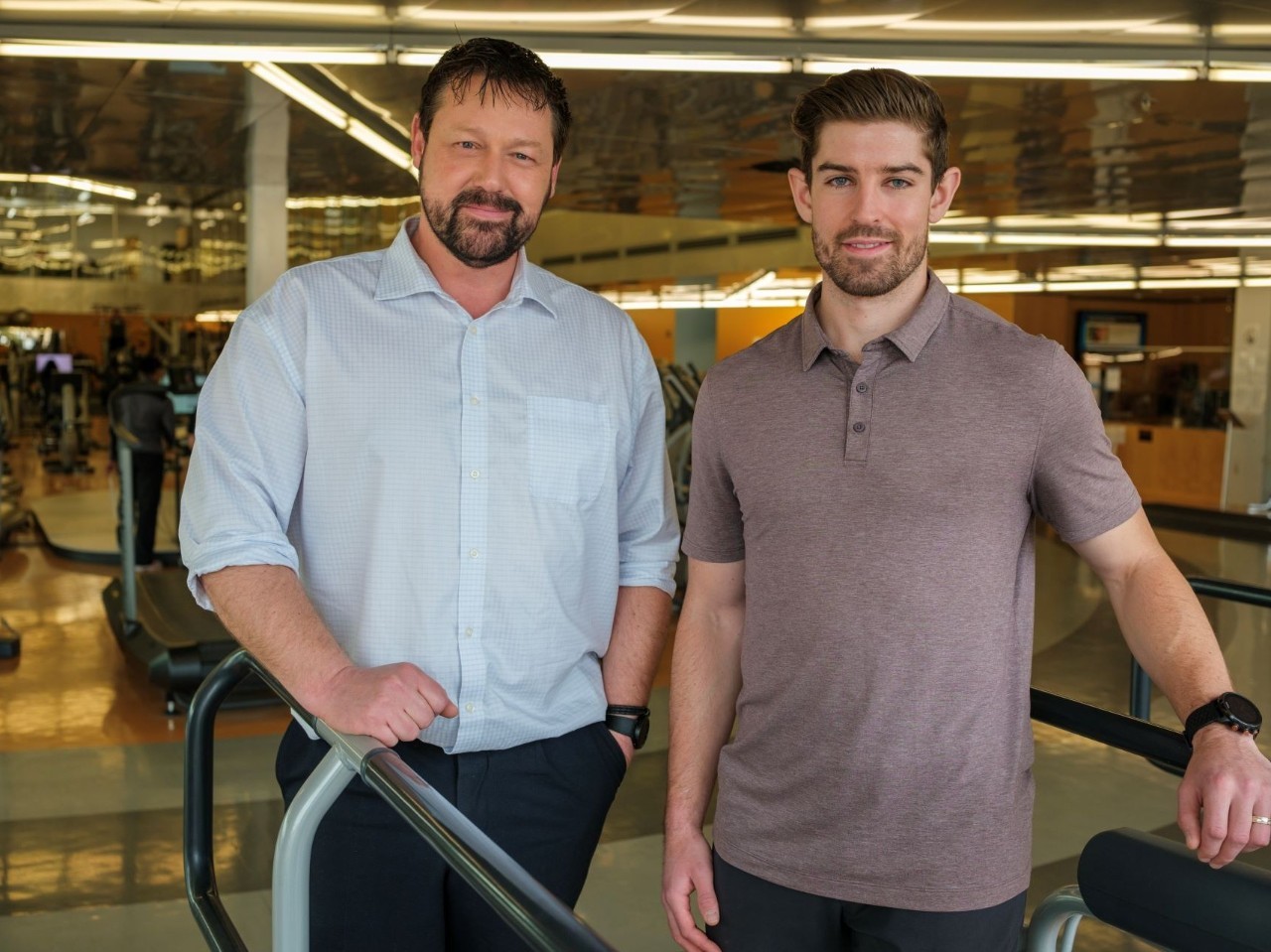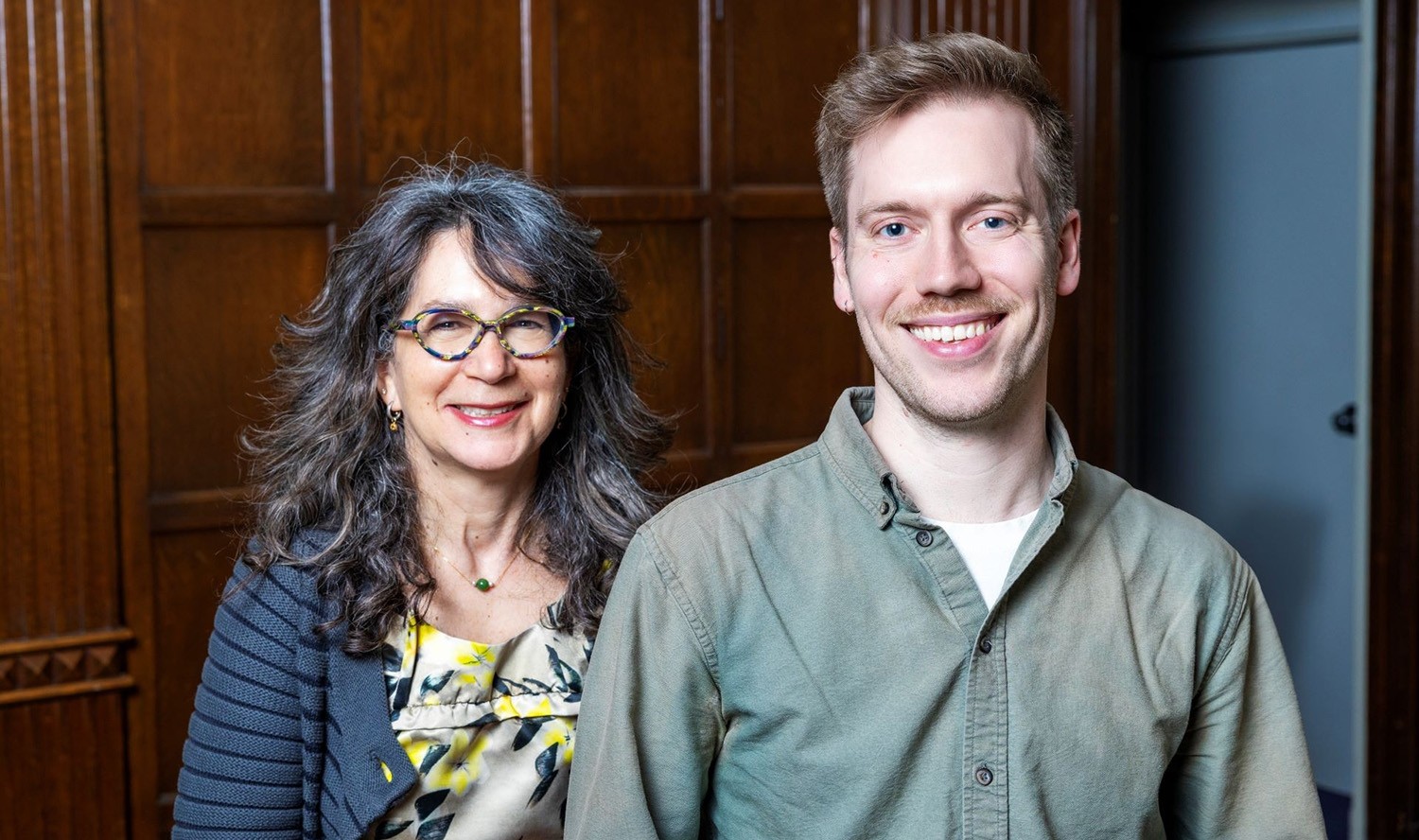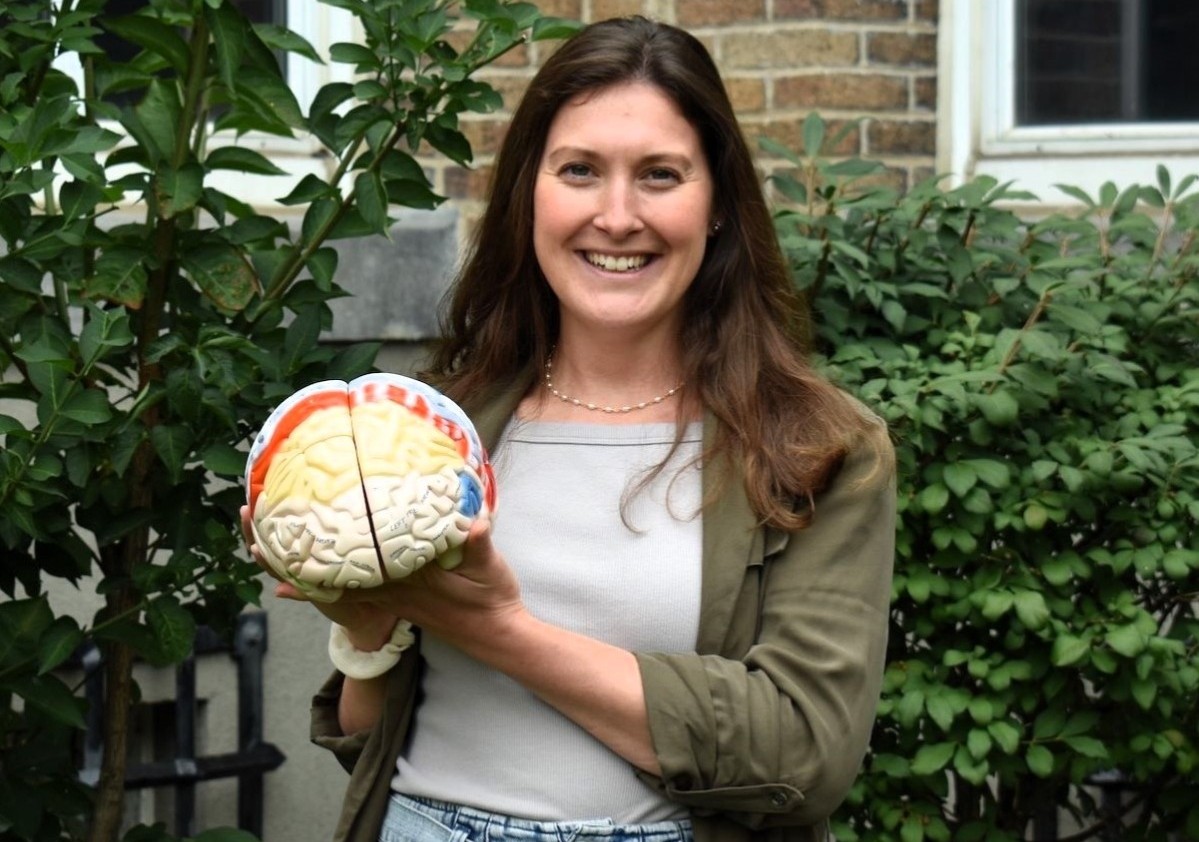Next-Gen health
A new era of well-being
Highlights
Cranberries give runners a natural edge
A Concordia study published in Physical Activity and Nutrition indicates that cranberries can serve as a natural performance enhancer for athletes.
Researchers Andreas Bergdahl, associate professor in the Department of Health, Kinesiology and Applied Physiology, and PhD candidate Francis Parenteau found that daily cranberry extract consumption improved speed, blood lactate and oxygen levels in trained runners.
Over 28 days, 14 high-level distance runners ingested a cranberry supplement, which led to a noticeable improvement in both performance and muscle fatigue following 1,500-metre time trials. Reoxygenation rates were also faster, and running speeds improved by 1.5 per cent.
Cranberries are highly rich in polyphenols, a natural compound with antioxidant properties. These characteristics help protect the body from the harmful effects of free radical molecules produced by strenuous exercise.
“The beauty of this is that it is all natural,” says Bergdahl. “It is an ergogenic aid, meaning that it is performance-enhancing, but it is not an anabolic steroid. Athletes can get this important boost in their performance just by consuming more cranberries.”
 Andreas Bergdahl, associate professor in the Department of Health, Kinesiology and Applied Physiology (left), and PhD student Francis Parenteau
Andreas Bergdahl, associate professor in the Department of Health, Kinesiology and Applied Physiology (left), and PhD student Francis Parenteau
Cognitive decline may be detected using network analysis
PhD student Nicholas Grunden and Department of Psychology professor Natalie Phillips are using network analysis to detect subtle changes in individuals with subjective cognitive decline (SCD). The approach models cognitive performance as interconnected nodes, representing various cognitive abilities and participant characteristics.
By analyzing data from two large Canadian datasets, the researchers found that performance on executive function and processing speed tests — both known to decline with age — showed marked decreases from cognitively normal individuals to those with SCD and mild cognitive impairment.
“We found that interesting, because it uncovered something that speaks to individuals’ subjective concerns that are invisible in normal statistical analyses.”
 Department of Psychology professor Natalie Phillips (left) and PhD student Nicholas Grunden
Department of Psychology professor Natalie Phillips (left) and PhD student Nicholas Grunden
Vaping additives harm a vital membrane in the lungs
Research by Christine DeWolf, Department of Chemistry and Biochemistry professor, and master’s student Panagiota Taktikakis, reveals that the e-cigarette additive tocopherol — an organic compound better known as vitamin E — and its acetate can damage a vital membrane in the lungs. When these compounds are heated and inhaled, they embed in the pulmonary surfactant — a thin lipid-protein membrane essential for gas exchange and lung stability — potentially causing lung injury or difficulty with breathing.
Ultrasound-directed microbubbles could boost immune response against tumours
Researchers in Concordia’s biology and physics departments are proposing a novel method to fight cancer tumours using ultrasound-guided microbubbles — a technology already widely used in medical imaging and drug delivery. They suggest that ultrasound can modify the behaviour of cancer-fighting T cells by increasing their cell permeability. They examined how this can influence the release of cytokines and proteins that are required to grow additional immune and blood cells that are crucial for immune response.
Bilingualism may maintain protection against Alzheimer’s
A study led by PhD candidate Kristina Coulter and psychology professor Natalie Phillips suggests that speaking more than one language may help protect against Alzheimer’s disease. The researchers used neuroimaging methods to examine brain resilience in regions of the brain linked to language and aging. They found that the hippocampus in bilingual individuals with Alzheimer’s was noticeably larger than those who were monolingual when matched for age, education, cognitive function and memory. Their research suggests that there could be some brain maintenance related to bilingualism.
 PhD candidate Kristina Coulter
PhD candidate Kristina Coulter


